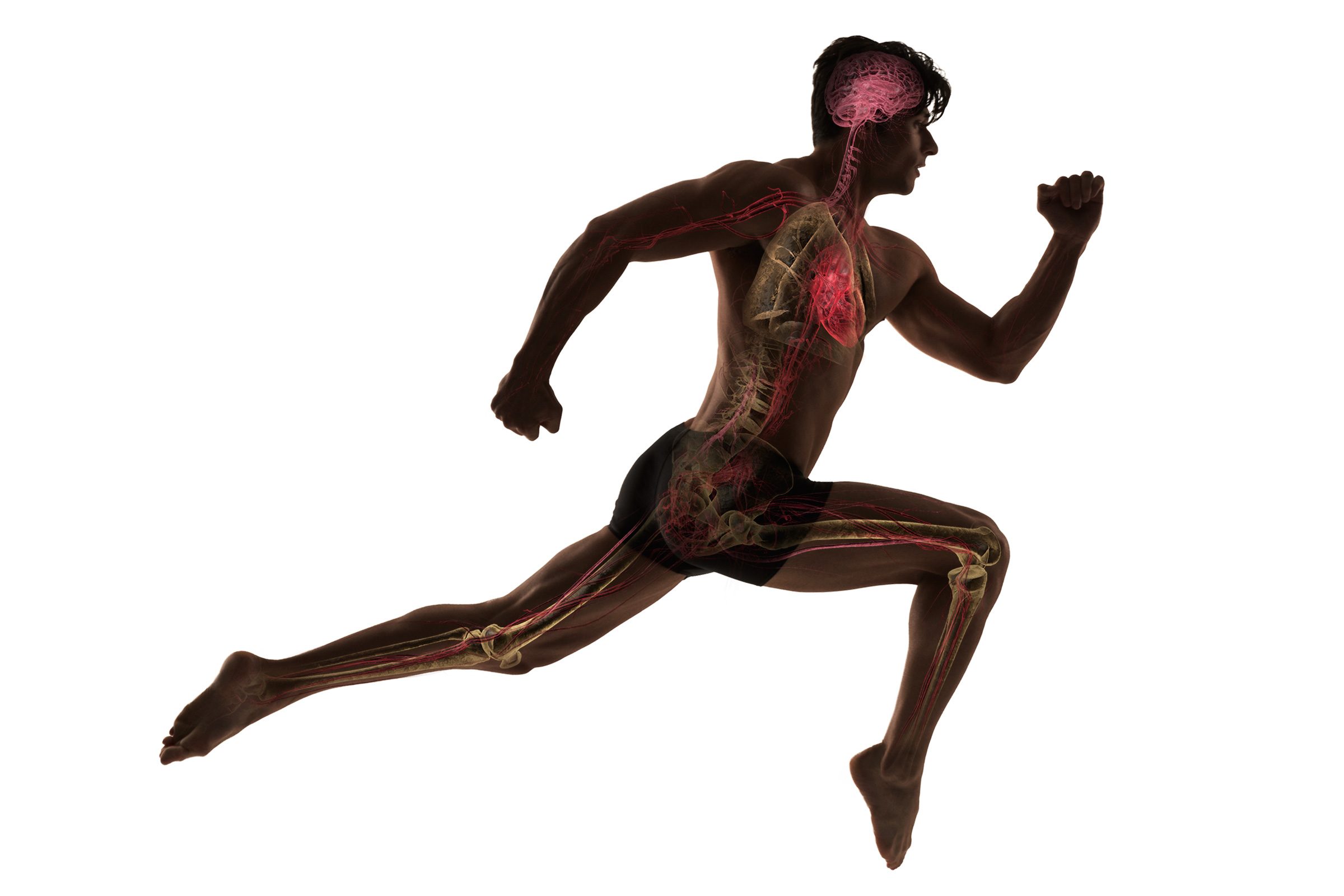
You may have fought cancer
Your body has trillions of cells. If a mutation occurs in the DNA (genetic material) of any, it can create cancer cells, which divide uncontrollably and can clump together to form tumors. When you consider how many cells split every minute—and each time a cell divides, it has to copy 30,000 genes—it’s a wonder we don’t get cancer all the time. The reason we don’t: the body’s incredible system to catch errors. When a cell divides, proofreading enzymes fix any DNA mistakes. If the proofreaders don’t work, the cell itself can detect that it’s “broken” and commit suicide. It says, “I’m about to become cancerous, so I’ll kill myself to save the body.” Here are 15 signs of cancer it’s easy to ignore.
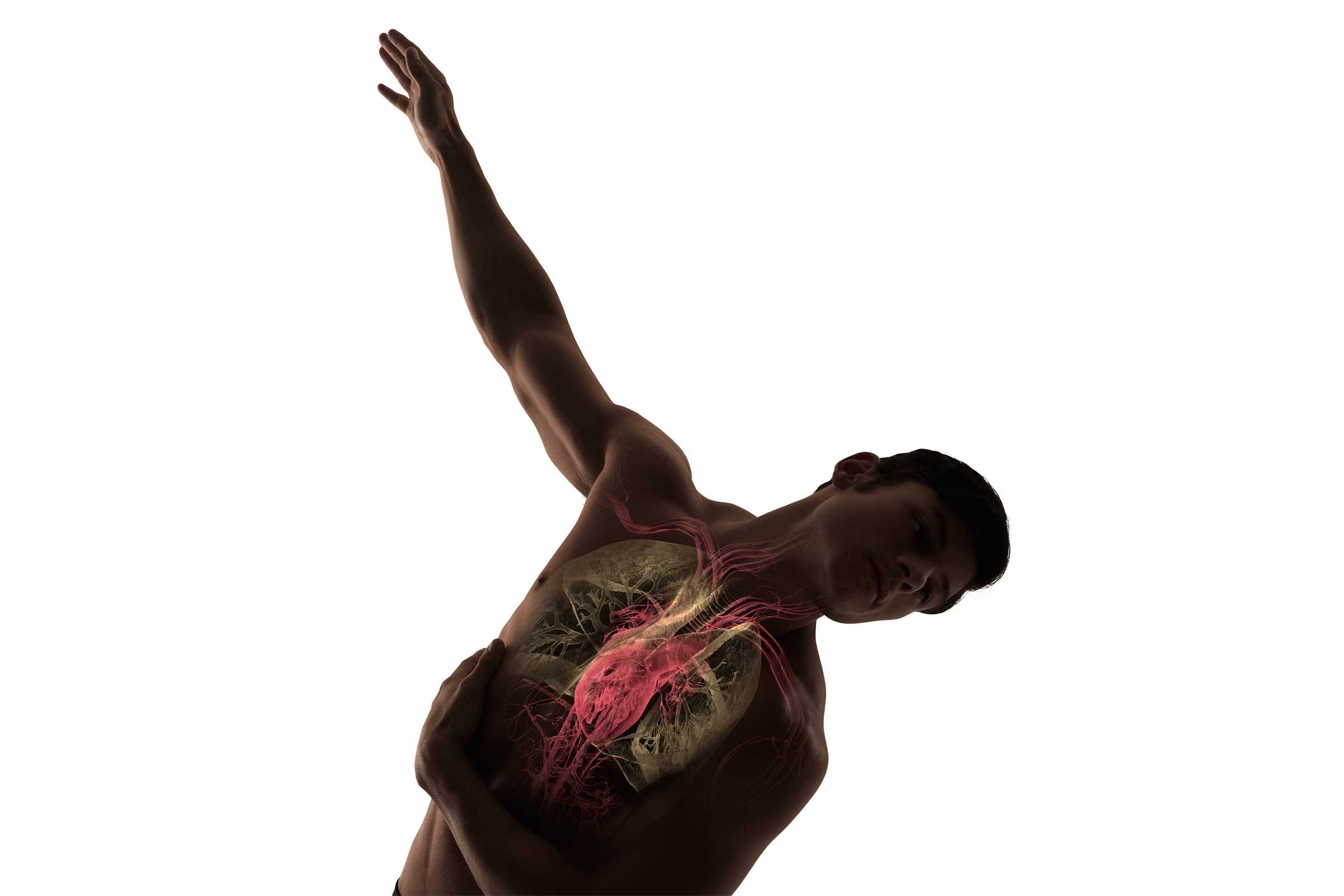
Your heart beat anywhere from 60 to 100 times every minute
Imagine doing biceps curls at that pace! That’s about 100,000 times a day—and up to three billion times in the average person’s life. What’s also very impressive about the heart is its ability to adapt to our lifestyles. During a vigorous workout, more than 70 percent of the heart’s output fuels your working muscles, for example, compared with just 20 percent while you are less active. You have about 100,000 miles of various blood vessels, laid end to end, and your heart pumps about 2,000 gallons of blood through them every day. These lifesaving tips can help you never get heart disease.
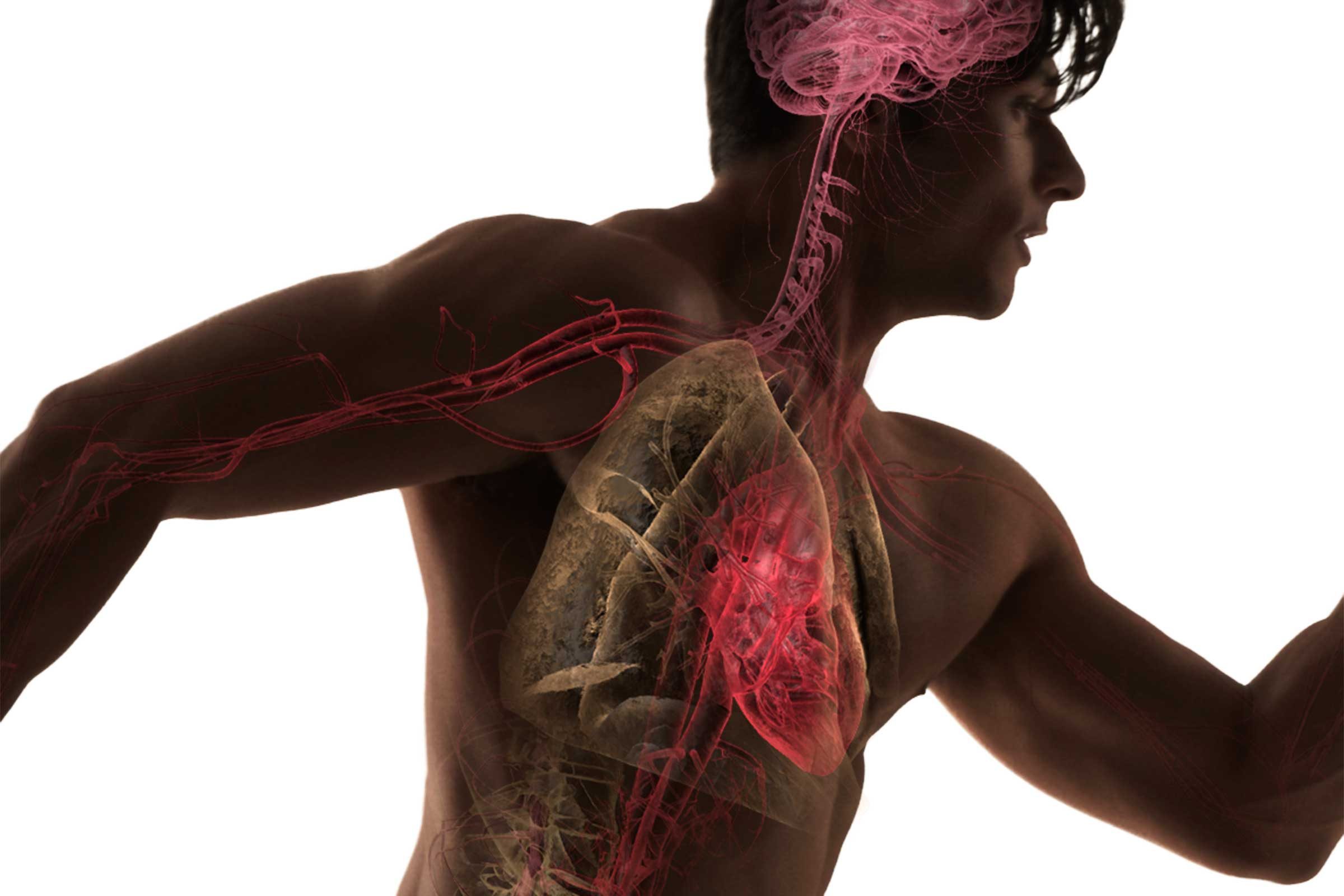
You breathed 25,000 times—without trying
If you had to consciously choose to breathe that often, you’d never get anything else done. Or be able to sleep. So thank your brain stem for making the habit of breathing automatic. Curious why you need to inhale and exhale so often? Well, humans have a very high metabolism; at rest, you demand about seven to ten ounces of oxygen each minute. And your lungs are perfectly designed to handle these truckloads of oxygen. They contain about 300 million microscopic air sacs called alveoli, which provide the surface area roughly equivalent to half a tennis court to bring oxygen into the body while releasing carbon dioxide.

You blinked about 15 times a minute, or almost 15,000 times while you were awake
You do this spontaneously to protect your eyes and clean away dirt. Even cooler: Your brain doesn’t let you miss out while you blink—it fills in missing information so you never realize your eyes were closed. The muscles that help focus your eyes moved about 100,000 times today. That’s a workout equivalent to a 50-mile walk. These are the 17 body parts you didn’t know had names.
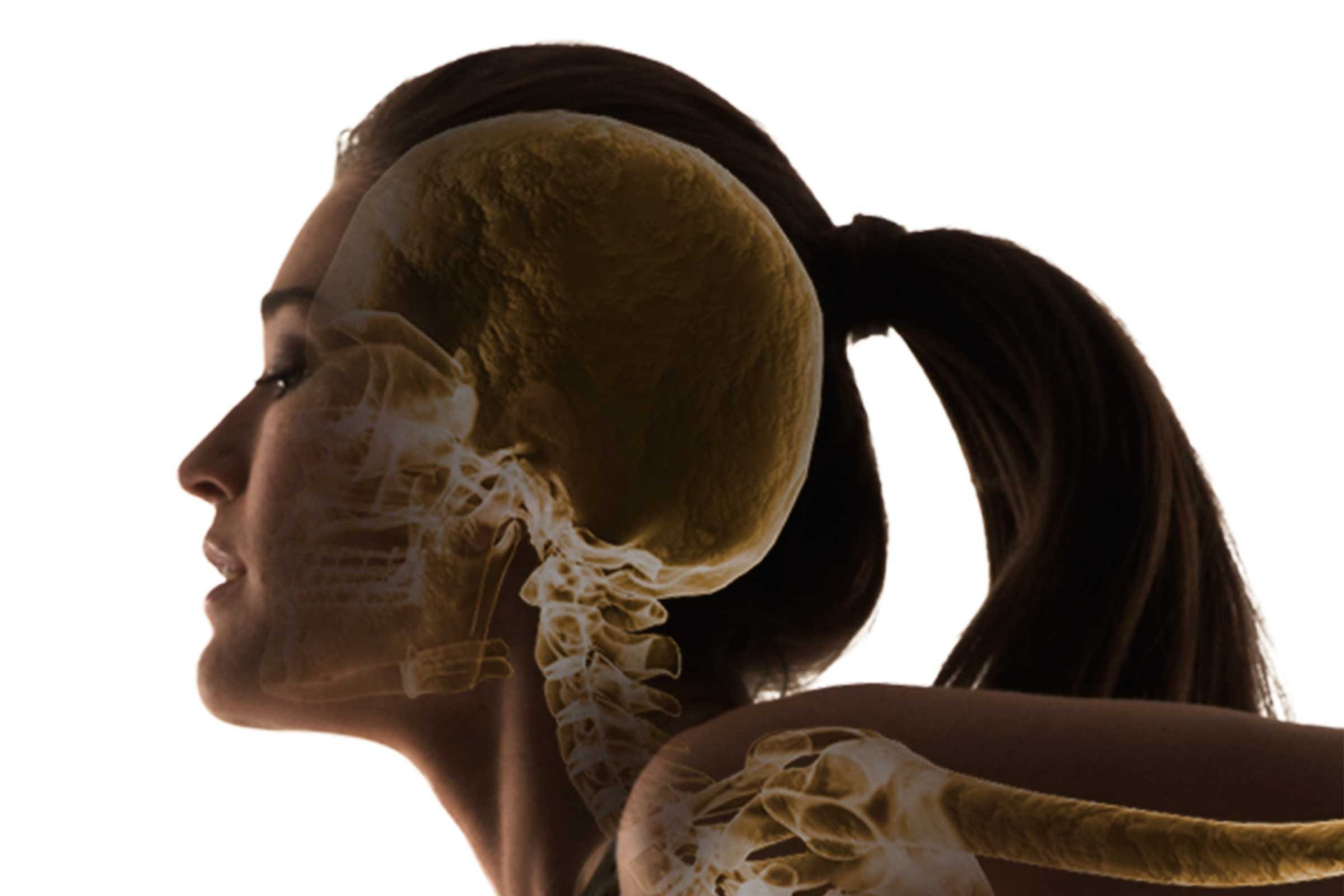
You produced about six cups of saliva
Yes, that’s a lot of spit, but saliva is one of the body’s most underappreciated fluids. Without it, you wouldn’t be able to taste or swallow food. Or form words. Saliva is also a potent germ fighter: Its enzymes clean your mouth and prevent tooth decay and infections. No wonder animals lick their wounds. Wondering about the other substances your body produces (say, eye boogers or belly button lint)? Don’t miss these 10 explanations for body gunk.

You got cut but didn’t bleed out or get a systemic infection
Next time you get a scrape, think about this cascade of events: After some bleeding, which helps clean the wound, your body stops blood flow by forming a clot. If bacteria enter through the break in the skin, white blood cells quickly arrive to destroy them. Mast cells from your immune system release histamine, a chemical that increases blood flow to the site (it also makes the area red and swollen). This leads other cells to begin battle with the bacteria. It’s a magical sequence that helps save your life whenever you get cut.

The lining of your stomach regenerated about 25 percent of itself
Your tummy is home to a powerful fluid: hydrochloric acid, which helps break down foods in much the same way that laundry detergent cleans stains. It’s so potent (strong enough to dissolve the metal zinc) that your stomach lining regenerates itself every four to five days so the acid won’t injure it. Here’s what 7 types of stomach pain really mean.
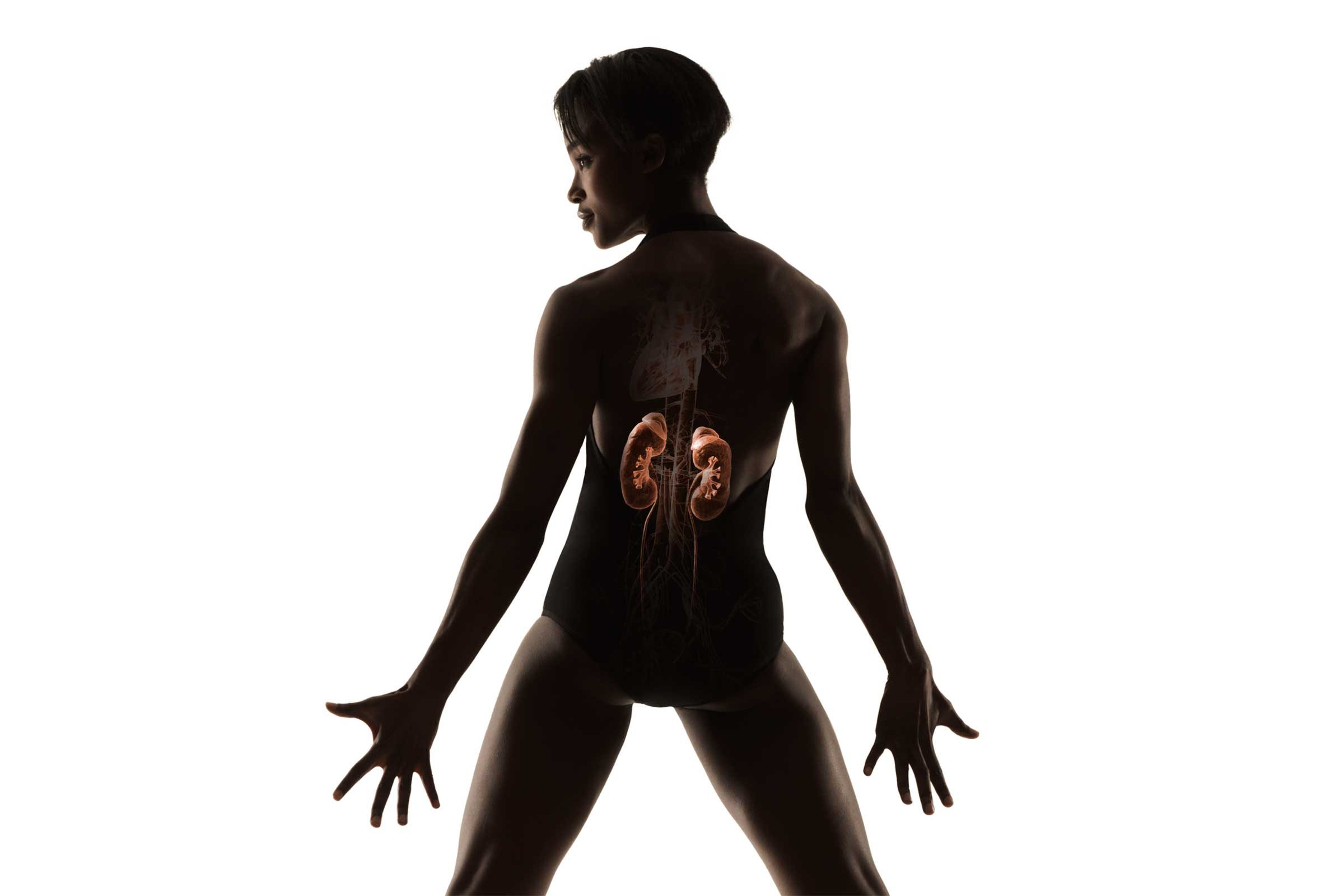
Your kidneys cleaned and recirculated almost 50 gallons of blood
That’s about three times as much as a medium-size car’s gas tank would hold. To fully appreciate the wonder of the kidneys, which form the most high-tech filtration system you’ll ever encounter, all you have to do is look at someone on dialysis due to poor kidney function. People need a machine about the size of a mini fridge to filter their blood, adjust electrolyte levels, and get rid of waste, while your body accomplishes this without any fanfare using two small organs, each about the size of a computer mouse. Your kidneys also help maintain the proper level of hydration. When you’re drinking a ton of water, they excrete more, turning your urine a clear or pale yellow color. When you’re dehydrated, they cling to as much fluid as possible, so your urine becomes more concentrated, making it look darker (like apple juice). Here’s what else your urine can reveal about your health.
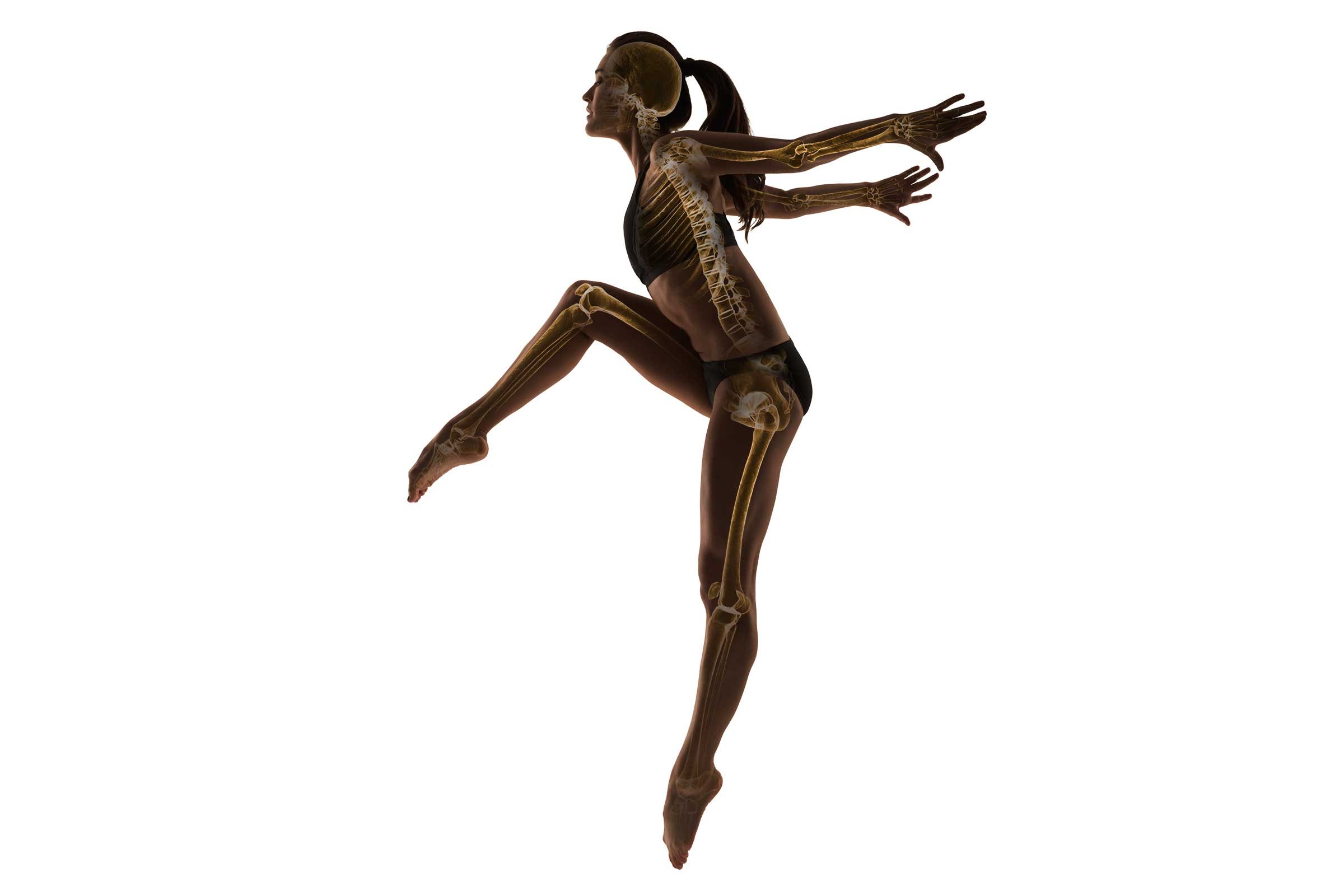
You regenerated about 0.03 percent of your skeleton today
Your bones—strong as steel but as light as aluminum—aren’t just some chalky-white lifeless scaffold; they are living tissues with blood vessels and nerves. They are constantly repairing and rebuilding—about 10 percent of your adult skeleton is replaced each year. Your bones are also a good example of “use it or lose it”: The bones of someone with a broken leg who is immobile for a few weeks will literally shrink during that time, but they will bulk up once the person starts bearing weight and exercising again. These are the 15 silent signs your body might be in big trouble.
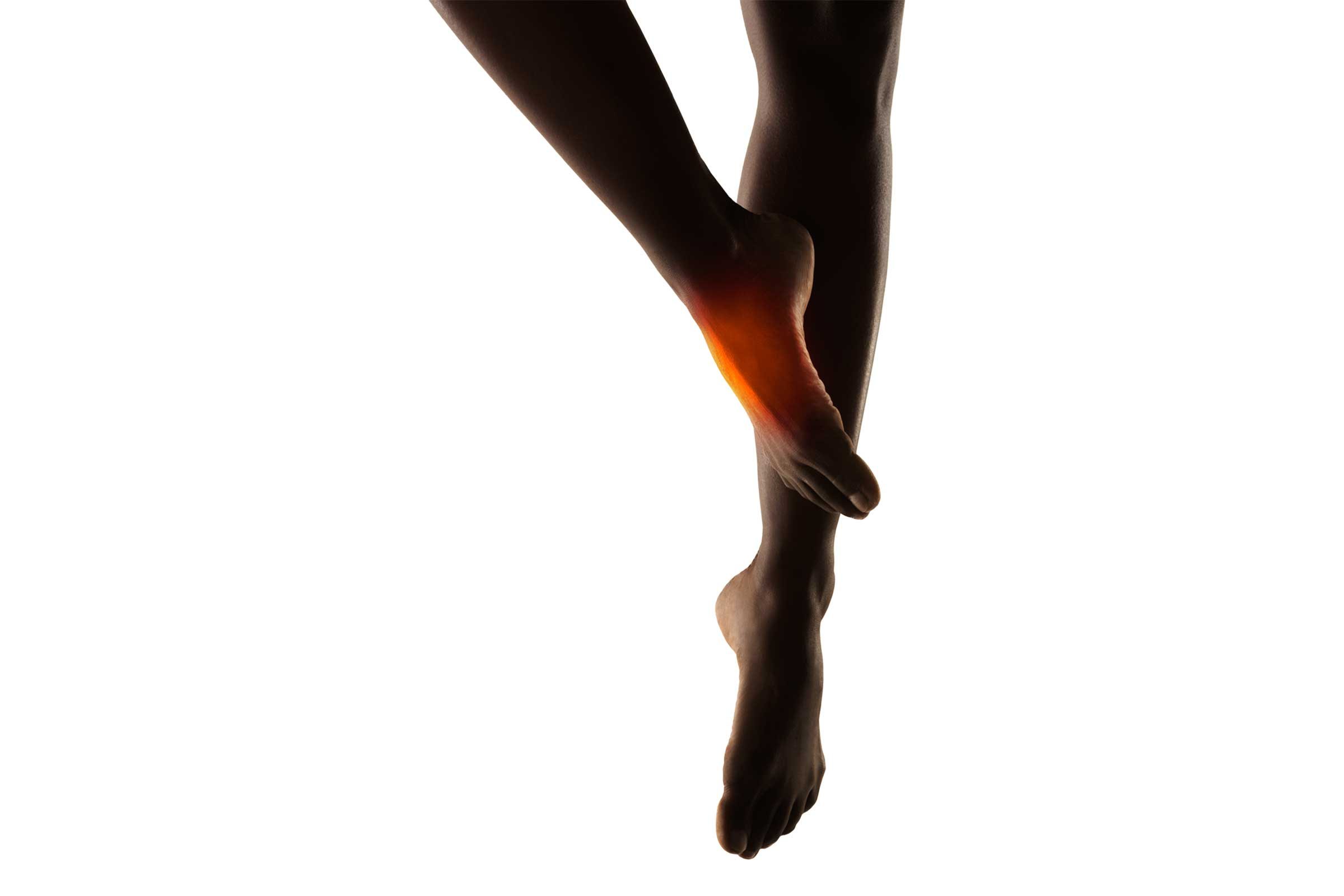
Your feet produced up to two cups of sweat today
No wonder your shoes and socks smell less than fresh. That sounds like a lot, but you’ll want to cut your feet a break when you consider how much work they do. If a healthy person takes 8,000 to 10,000 steps a day, that’s the equivalent of walking the circumference of the earth four times by age 70!

Your skin shed about 50 million dead cells today
That’s about 30,000 to 40,000 a minute (just think about how much skin you’ve axed since you started reading this article). You may have heard that your skin is your body’s largest organ, and because it serves so many important functions, the scaffolding is always up, so to speak. Just one square inch of skin has 650 sweat glands, 20 feet of blood vessels, 60,000 pigment cells, and more than 1,000 nerve endings. Don’t miss these 10 weird noises you’re body makes and what to do about them.
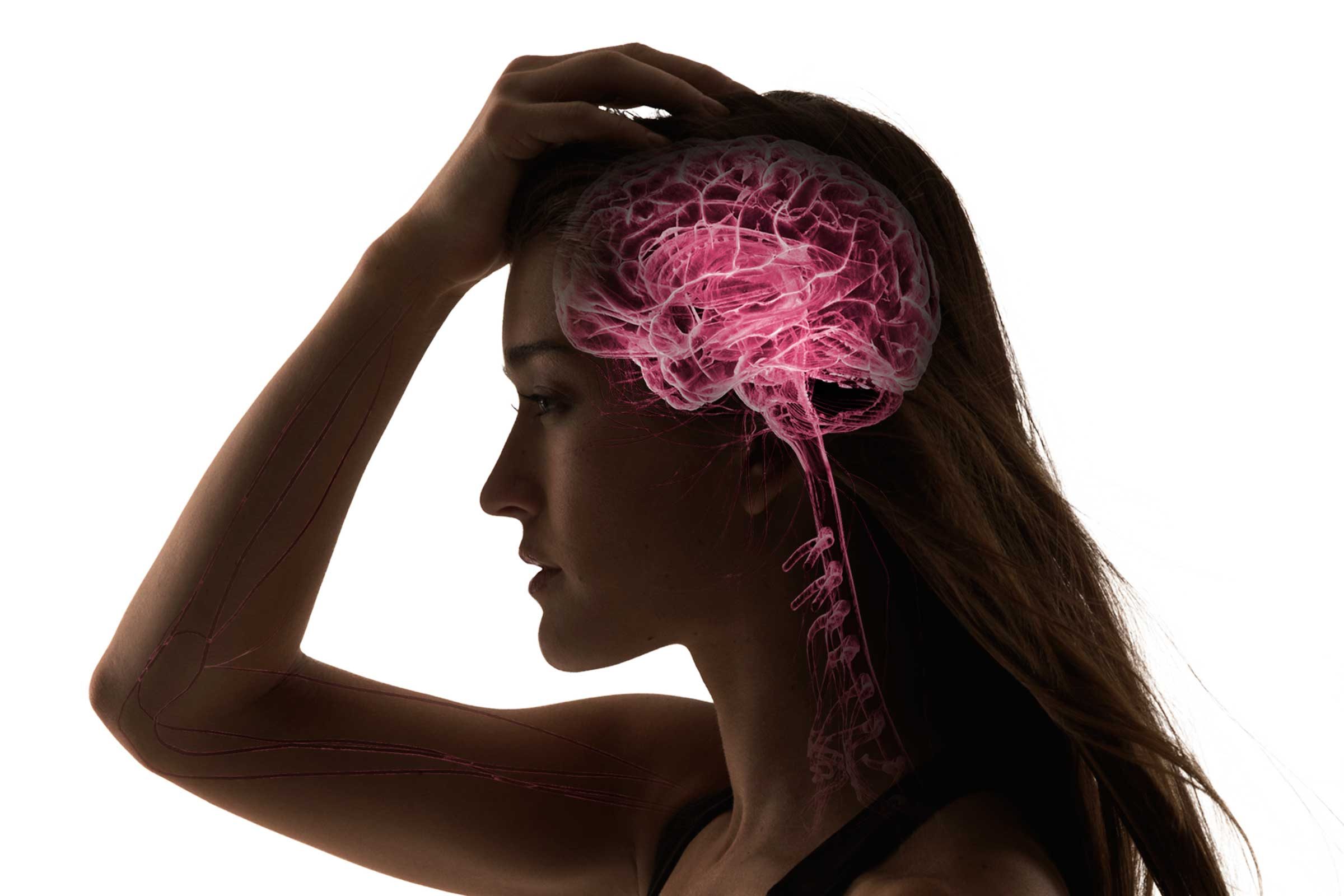
You had about 20,000 thoughts
Picture 100 billion neurons (or brain cells), which each “fire” (talk to each other) five to 50 times per second (on average). The impulses can travel as fast as 270 miles per hour. This speed is what allows you to, say, see an object and immediately identify that 1) it’s a cat, 2) it’s orange, 3) it reminds you of Garfield, and 4) Garfield was your favorite comic.

You didn’t overheat or freeze
Your inner thermostat, located in the hypothalamus, is an engineering marvel. A change of as little as one degree Fahrenheit triggers your body to make lifesaving adjustments. When your temperature gets too high, blood vessels in your skin dilate to release heat. When it drops, they constrict and your sweat glands shut down. Once your core temp hits 97 degrees, you can start shivering as a way to produce heat. Learn more about your body’s quirks with these 8 bizarre body parts and their surprising purposes.
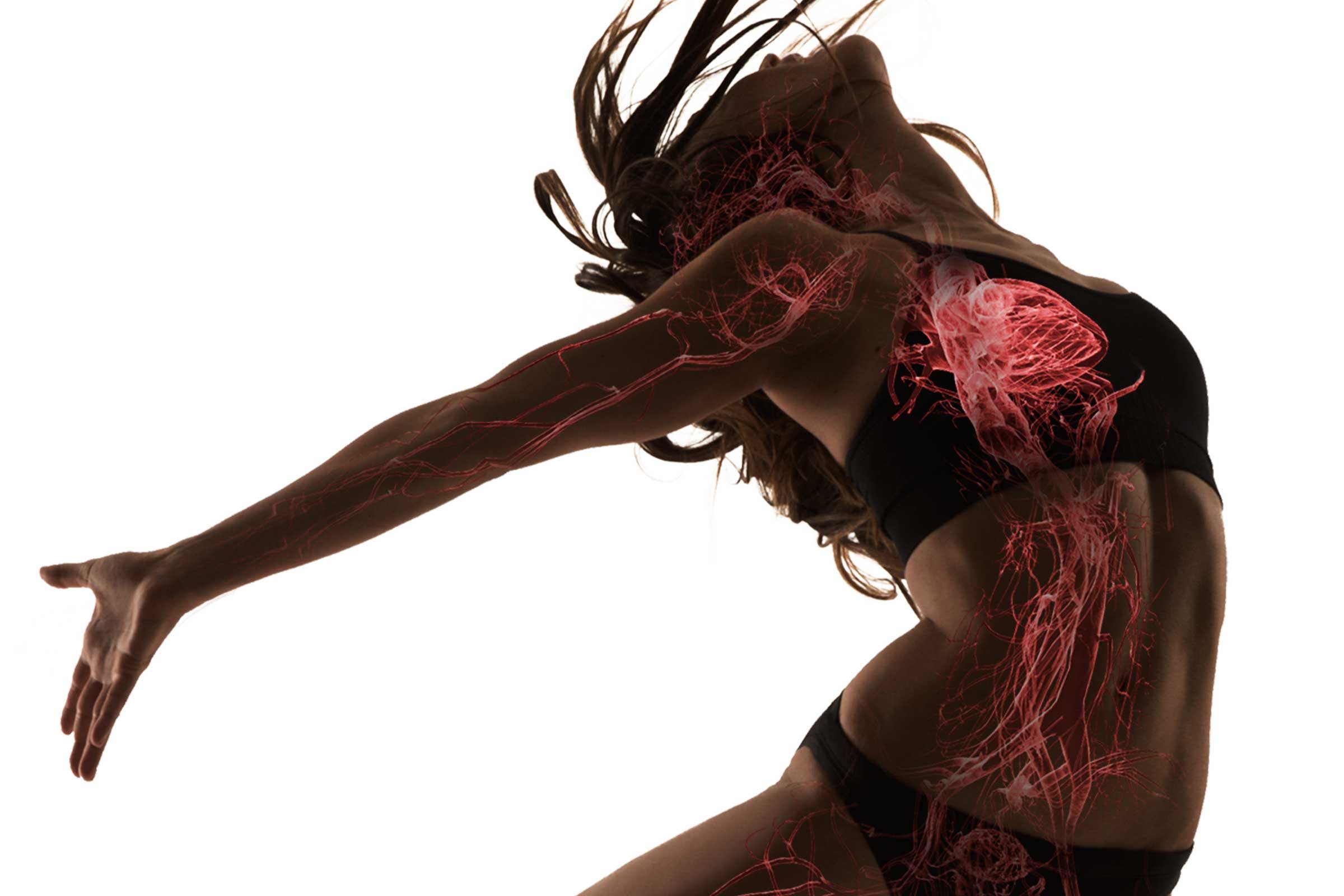
You made up to three million red blood cells each second
That’s almost 260 billion for the day. They perform one of blood’s most important roles: delivering precious oxygen to all your body’s cells. A single drop of blood contains millions of these guys, which get their scarlet hue from the protein hemoglobin.
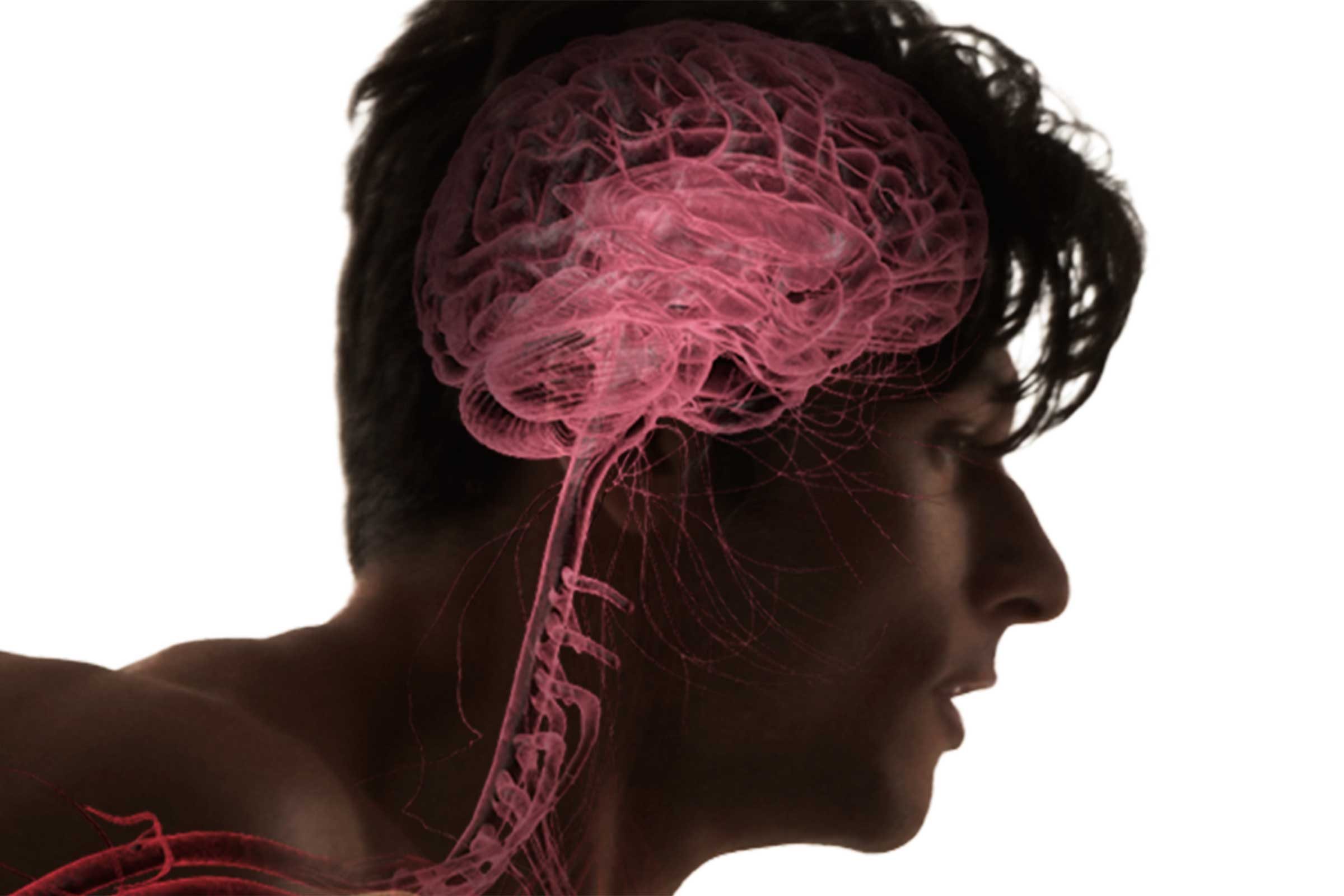
You had dozens and dozens of chances to choke to death today—but didn’t
The back of your mouth displays an impressive feat of life guarding every time you eat or drink food or liquids. As you prepare to swallow, your soft palate comes up to cover your nasal cavity (so you don’t squirt spaghetti out your nose) and your epiglottis covers your trachea (so food doesn’t go down your lungs). To appreciate the art of swallowing, watch a baby being spoon-fed a jar of mashed carrots. He’ll push the food out with his tongue because he is still learning how to perfect the swallowing reflex, without which he would likely die. These are the 13 strange body facts you’ve always wondered about.